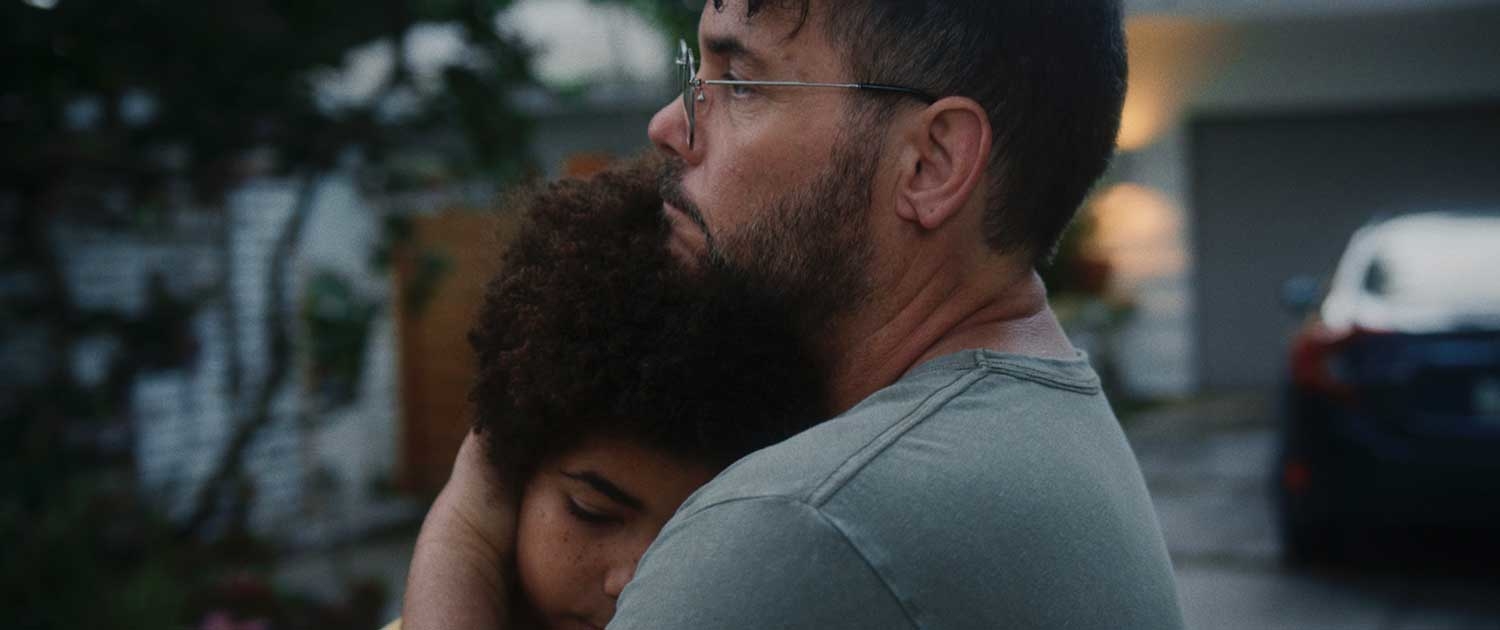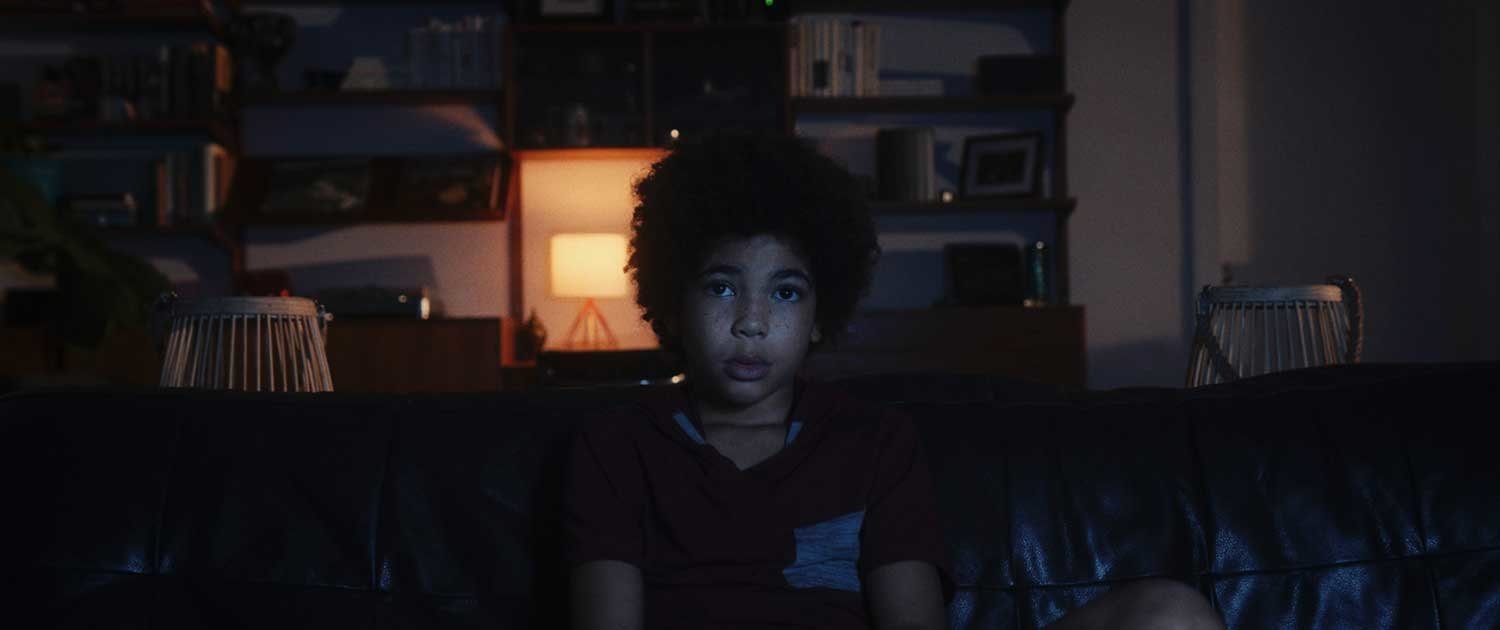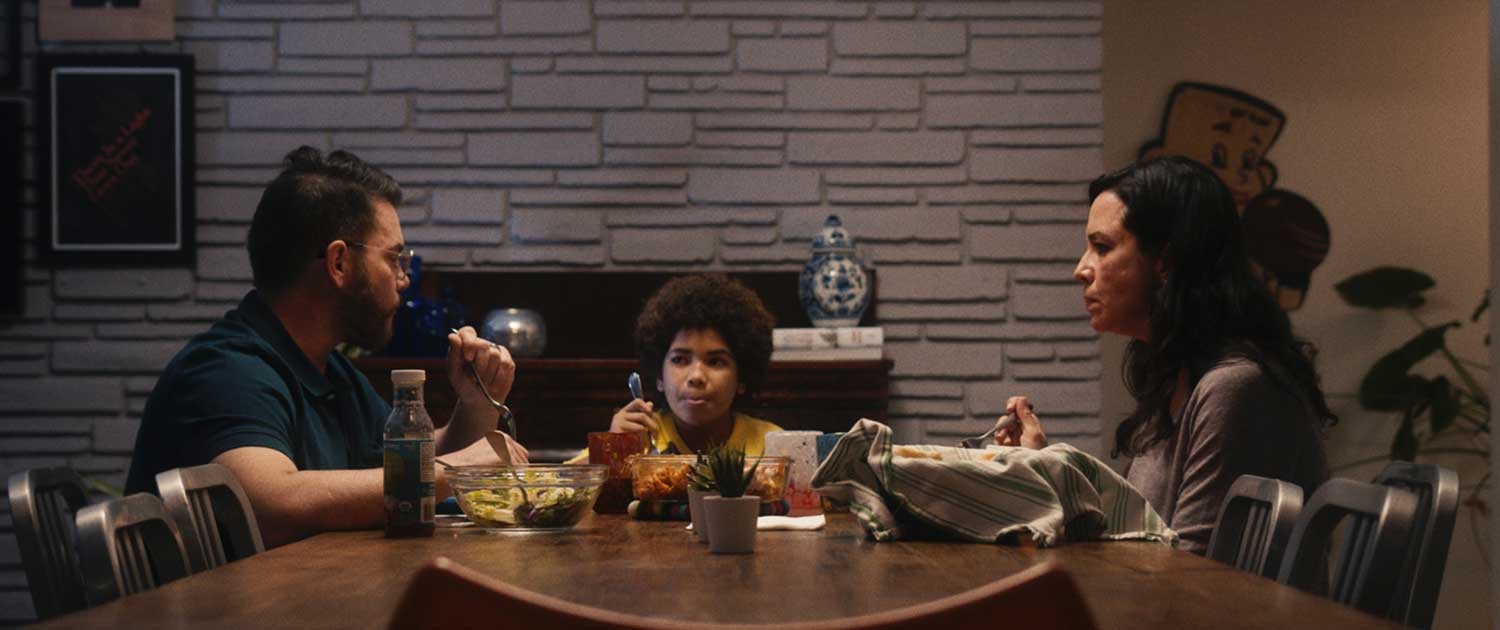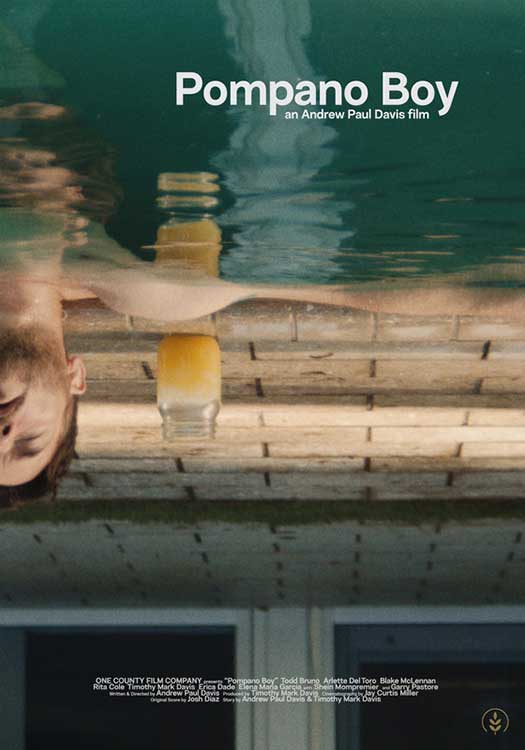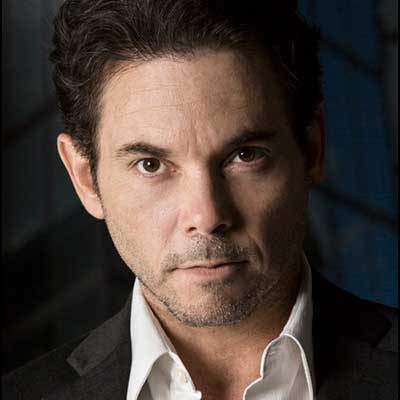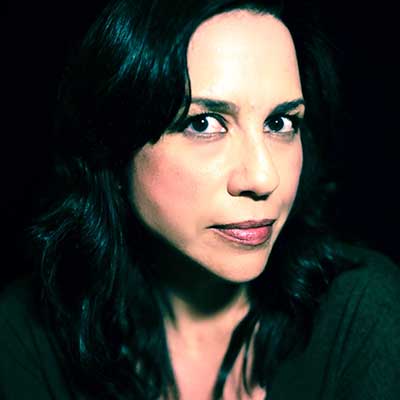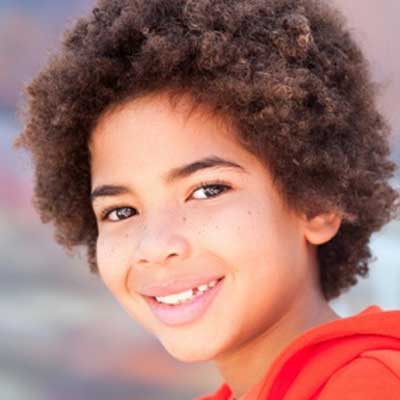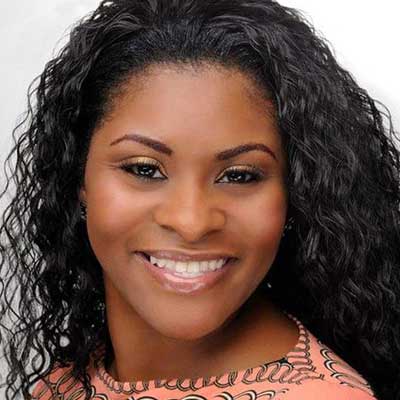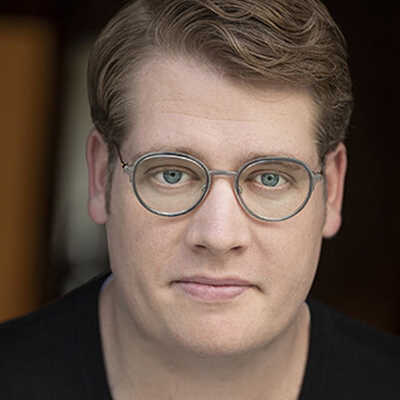POMPANO BOY is my 2nd narrative feature, and an ode to my hometown of Pompano Beach, Florida. It’s an exploration of several aspects of my upbringing, which included a megachurch that heralded fostering as a cure to a real local crisis.
In college I joined a living-learning-community that studied orphans and vulnerable children, where I became aware of the damaging, and often hidden psychology experienced by a child separated from their family. While fostering can be a necessary stepping stone, reunification with their biological parent is always healthiest and to be prioritized.
To write this film, I listened to foster parents and former foster children share the messiness of their experiences. I wanted to deconstruct the assumption I grew up with that a couple in ministry is the inherent best place for a foster child. That doesn’t mean that that can’t be a good place, it just means no home is perfect. Children can be failed by imperfect foster parents, and they can be failed by the system—just as they can be failed by a cycle of segregation, poverty and incarceration plaguing a biological parent.
I also wanted to portray the “influencer-ificiation” of society. In POMPANO BOY, the protagonist Art is fired from his large church for divergent views and struggles to find a new job. To solve his problems, he starts a new church with less stability. But in 2019, 2020, 2021… doing your job well isn’t enough—you also have to share online if you expect to grow your venture. This notion of growing an online following comes full circle by the end of the picture.
This film portrays two classes in South Florida, which is not unique to the area. There is the working class which Candace and Ross exist in, and there is the decaying middle class, which Art and Izzy inhabit. In my view, Candace is stuck because of a system which prioritizes incarceration as a corrective measure, damaging her ability to ascend from her conditions.
Who determines why a child should be separated from their parent? Who provides community-care for a struggling parent? How can mental healthcare improve the outcomes of foster children? How can we encourage reunification through preventative social structures rather than setup exorbitant roadblocks?
We finished filming on January 15, 2020, and it has become a strange time capsule of pre-COVID Florida, a state that acts as an individualistic microcosm of an American ideal—work in paradise and pay 0% state income tax. It’s possible that this over-reliance on the private sector to address social-issue-symptoms allows Elijah to slip through the cracks.
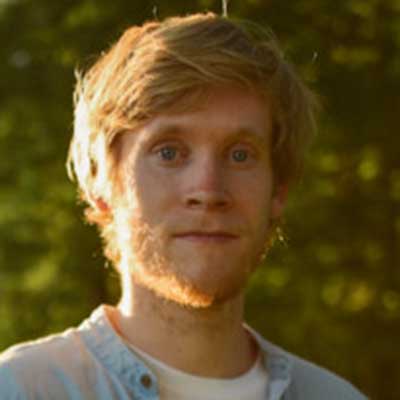 Andrew Paul Davis
Andrew Paul Davis
